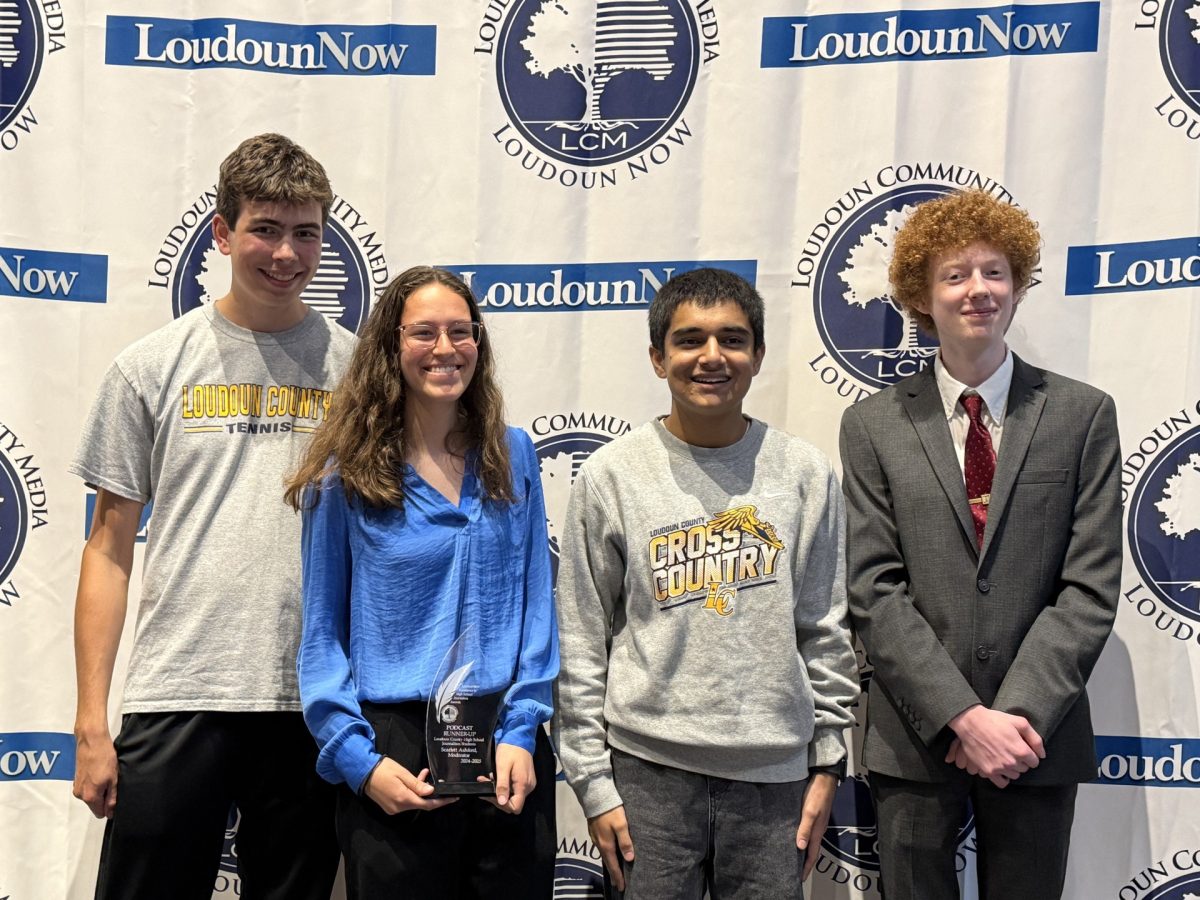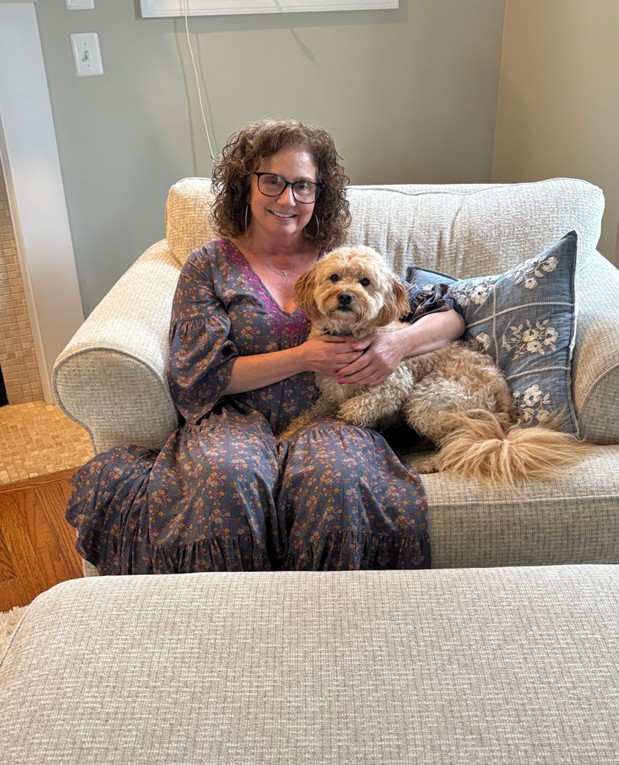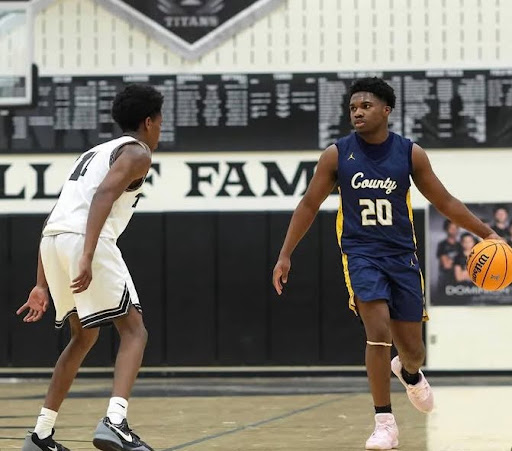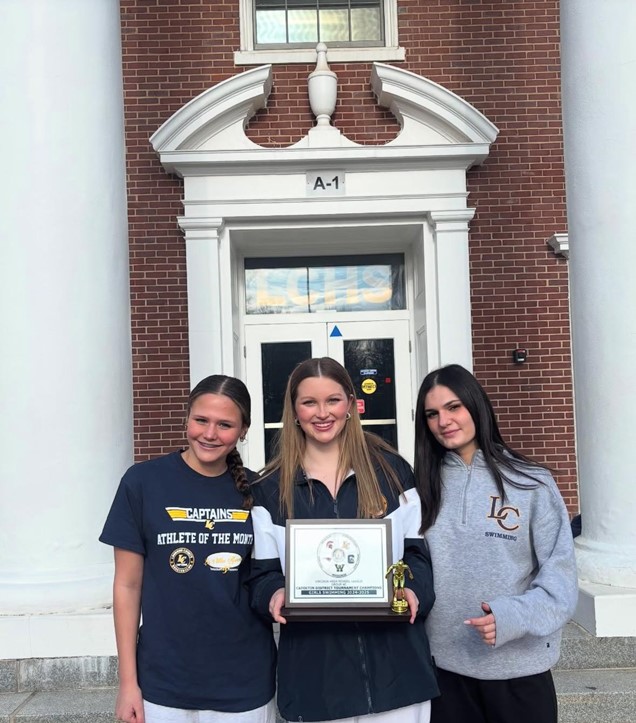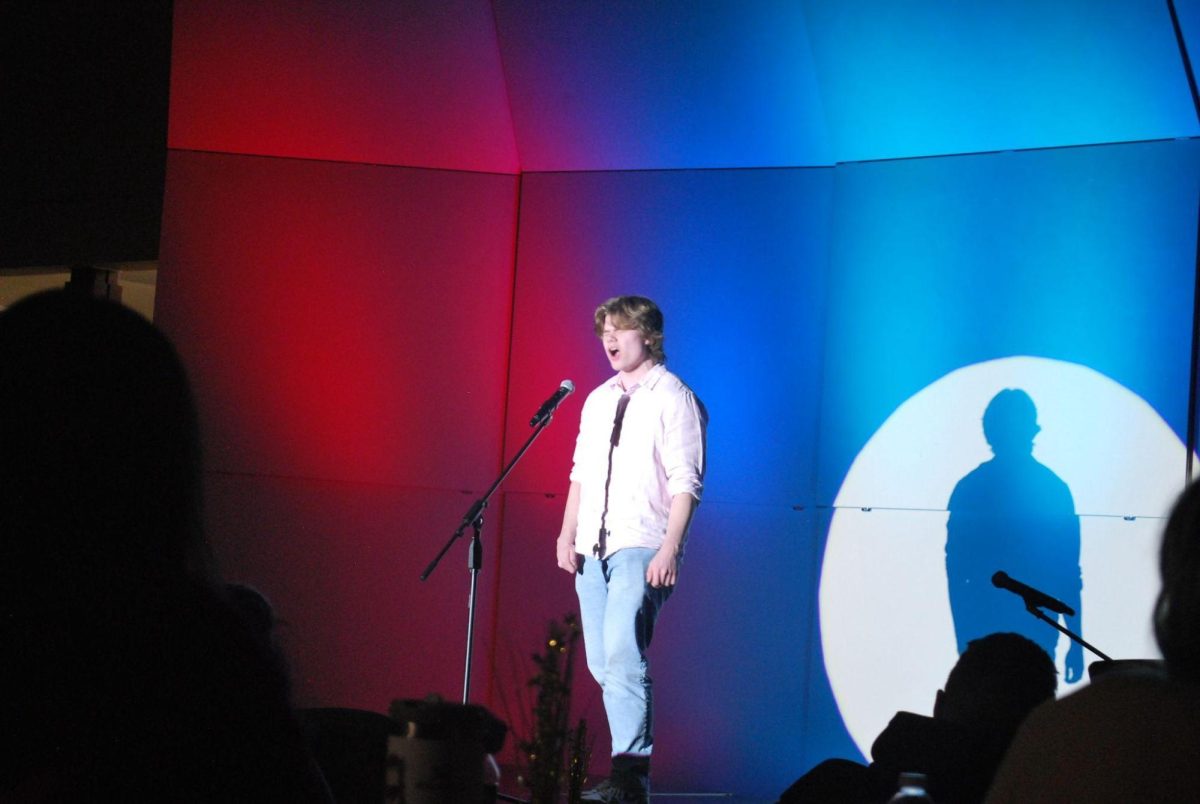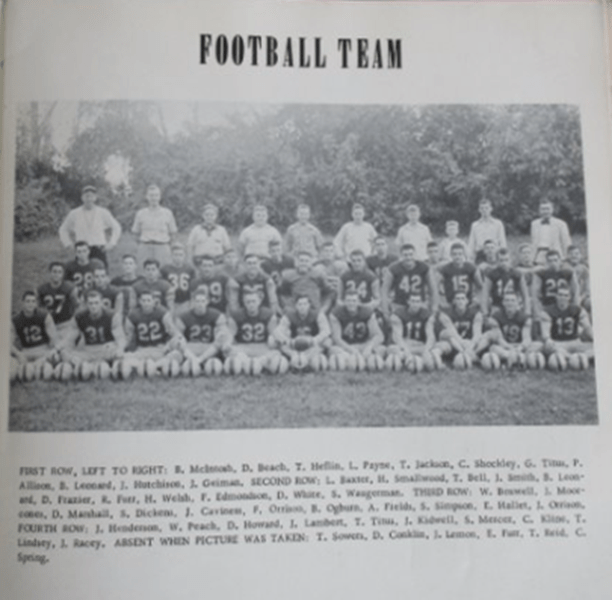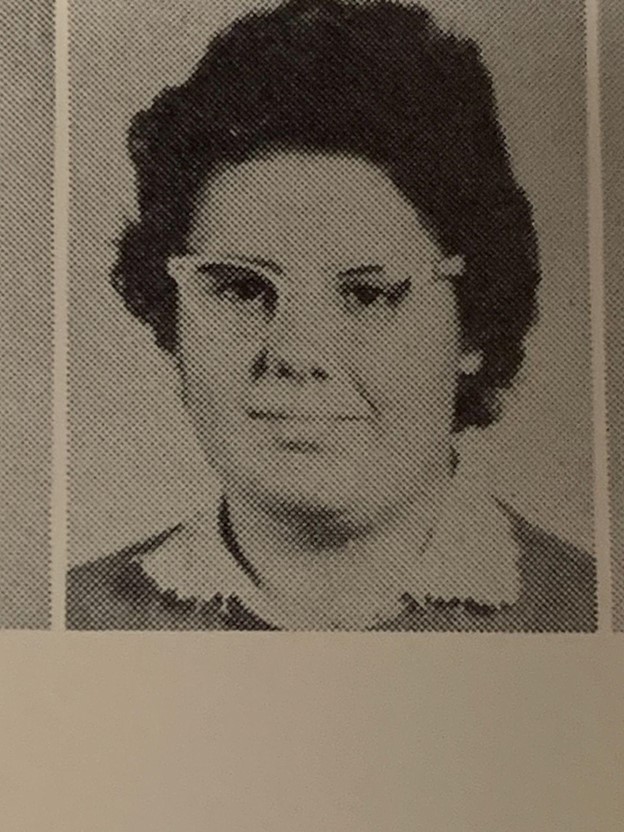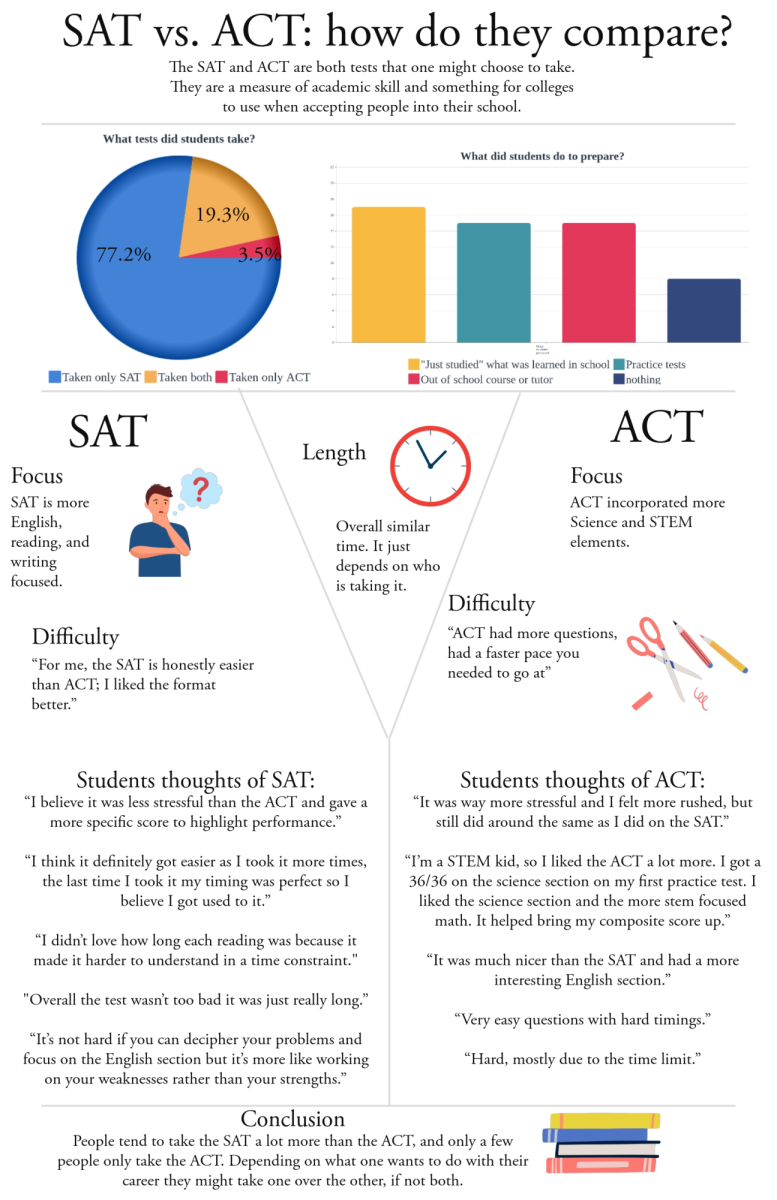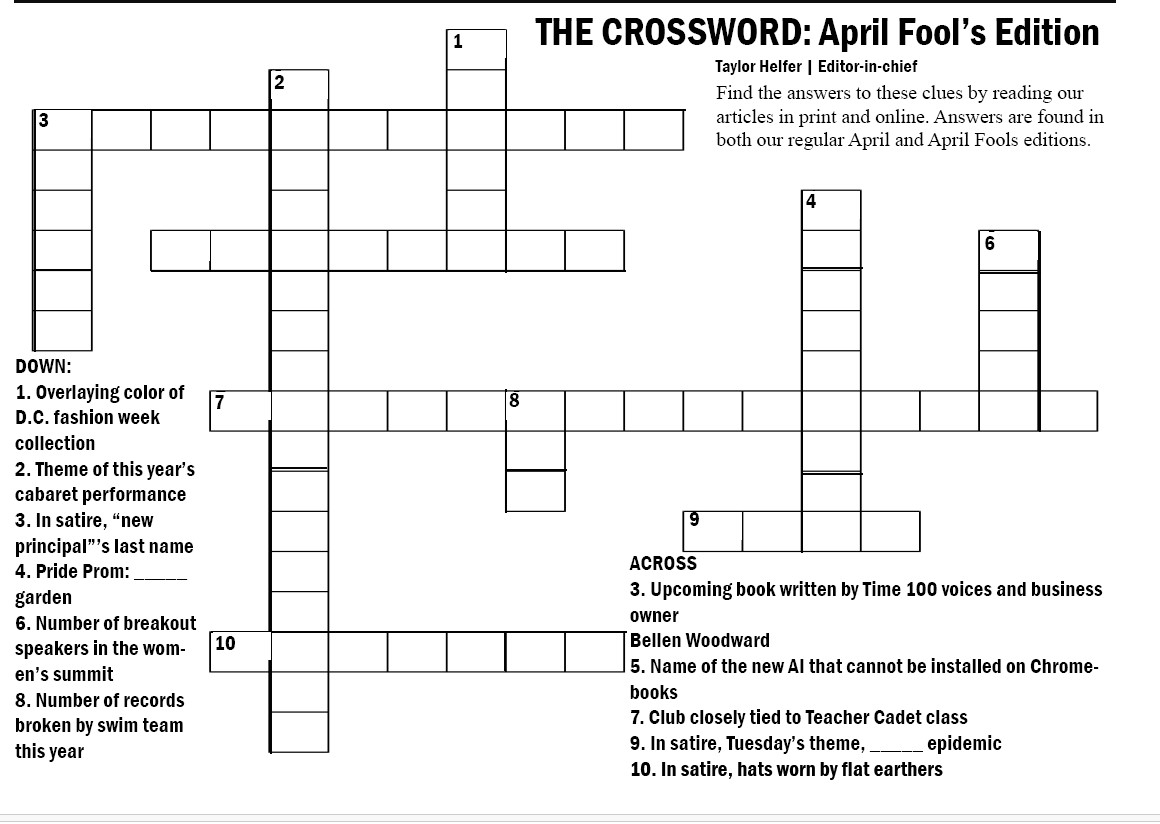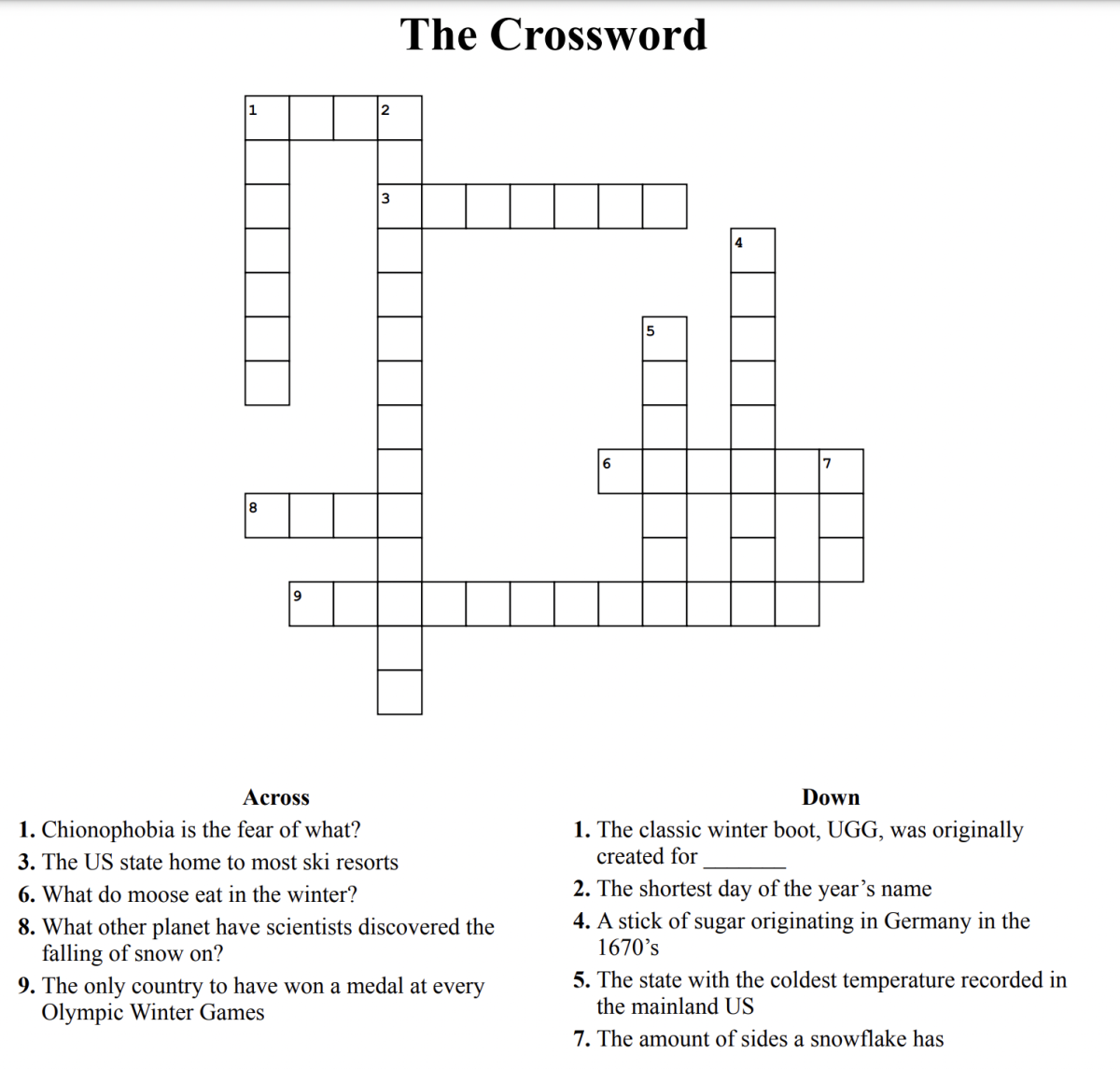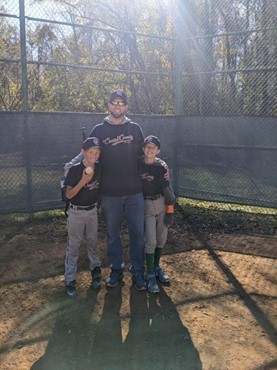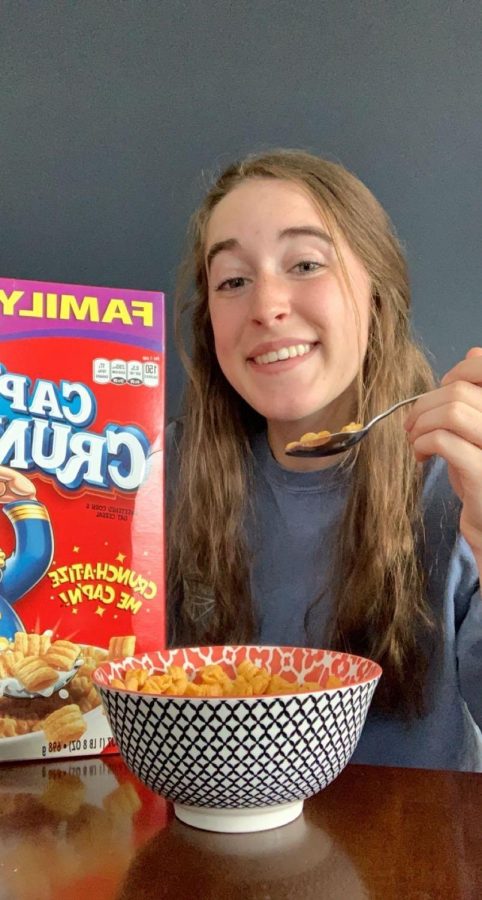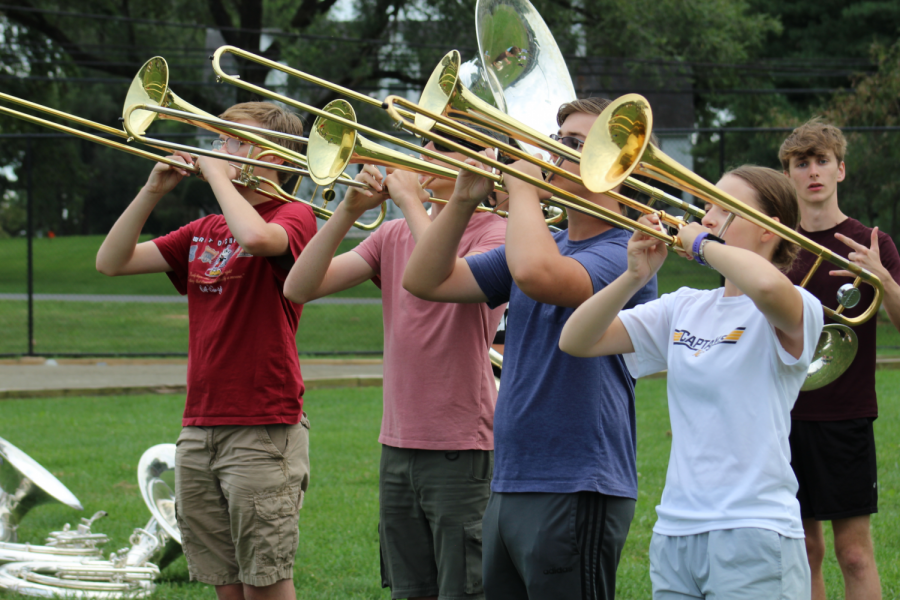NATIONAL CHAMPIONS
An inside look on what it takes to be the best marching band on the East Coast
The trombones section warms up in playing position during an after school practice. The marching band practices after school in preparation for performances such as the halftime performance at the JV and Varsity football games.
Mouth cramps, sweat, and 12 hour practice sessions are the bare requirements for even being eligible for competing in the Marching Captains’ football halftime performance or competing in performance competitions against other schools across the county. The requirements for becoming renowned as the national championship winners for marching band, however, is a whole other story.
As the current lead drum major of the marching band, Mal Little knows this hard work better than anyone. This is where she both conducts the entire 101 student-wide marching band during performances, and conducts time consuming fundraiser events. “Marching band just kind of runs on its own budget, where we have to do car washes on our own time and go to houses to practically beg for money,” Little said.
Fundraising causes the least time consumption for these young athletes, with clarinet player Owen Prevelige sharing that the marching band directive changed this year to make up for lost skills during COVID. Marchers have to sacrifice every other weekend to waking up at 9 a.m. and go home 11 hours later, which Prevelige calls “low by marching band standards.”
Surprisingly, adapting to these conditions comes relatively easy to most of these marching band students. The majority of participants don’t do any other after school activities or clubs in general, making their focus purely on Marching Band. “You can’t be both in the football game, and playing in it,” Prevelige said.
However, for people who have to juggle other aspects of their life with the Marching Band, like sophomore Robert Suttie, this tactic did not come easily. When he first joined the marching band, it was “hard to balance between life and band,” Suttie said.
All of these challenges come with the average year in marching band, but the aspect that changed everything was COVID. With nothing to separate the other bands’ music from overlapping each other, the challenges included the practices only taking place outside, no official competitions taking place, and important people like Mal Little not showing up in person because of “wanting to be safe for my parents’ sake.”
Another option was presented for this certain group of people with the application of marching band virtual meets via Discord Calls, teaching students the basics of marching band; like how to roll your feet or strict march. This idea made it “much easier to re-learn everything after COVID,” Prevelige said.
However, the many challenges of these virtual marching band meets eventually caused the transition to full in-person marching band practices, making many marchers unable to attend practices. The justification being that, “You didn’t have too much space, and with the cameras not having the eyesight of like an eye for an example, it’s hard for the teacher to see your entire body,” Prevelige said.
There were also long-term consequences that followed the lack of official competitions. Last year it gave the least experience or no experience at all with people not showing up and with no option for digital marching band. It even affected the most experienced people in the band. “A lot of the normally experienced people have gotten really rusty,” Little said.
This marching band wouldn’t hold the legacy as national champions if they couldn’t adapt, and adapt they did by being absolutely mentally unaffected by the COVID year. They achieved this in different ways. Some members of the marching band like Prevelige thought that last year during COVID was, “A whole lot less stressful because it was less competitive.”
Others, like Mal Little, thought last year was not only less stressful, but could “have fun and hang out with friends during COVID.”
As for making up for the lack of experience this year in marching band, Owen Prevelige says the 12 hour practice sessions that are exclusive to this year are coming in handy, and that they are “Going to win this year.”
Little confirmed this sentiment by saying that the band will have the same number of marching band competitions as a normal year, so the 12 hour practices make them, “More cohesive in a sense.”
Even if some people are not experienced, in performances, they act like they are with how cool and collected they stay. This is due to a shared coping strategy amongst the marching band members, with the percussion leader Gabriel Pizarro saying it best: “The nervousness melts away after you start playing on the field.” Pizarro is proud of their halftime performance. “We performed worse in practice,” he said.
But the secret to the marching band’s success? It’s thanks to the number of people in the band itself. Prevelige explains that in competitions the bands are split into different sections to compete against other bands of the same size, but since there are little-to-no bands with Loudoun County High School’s specific range, “We do really well to our competition comparably.”
“Although even with that advantage, we compared our scores to the other teams anyways, and it wasn’t even close.”
Your donation will support the student journalists of Loudoun County High School. Your contribution will allow us to purchase equipment and continue to print our issues for the students at our school.



